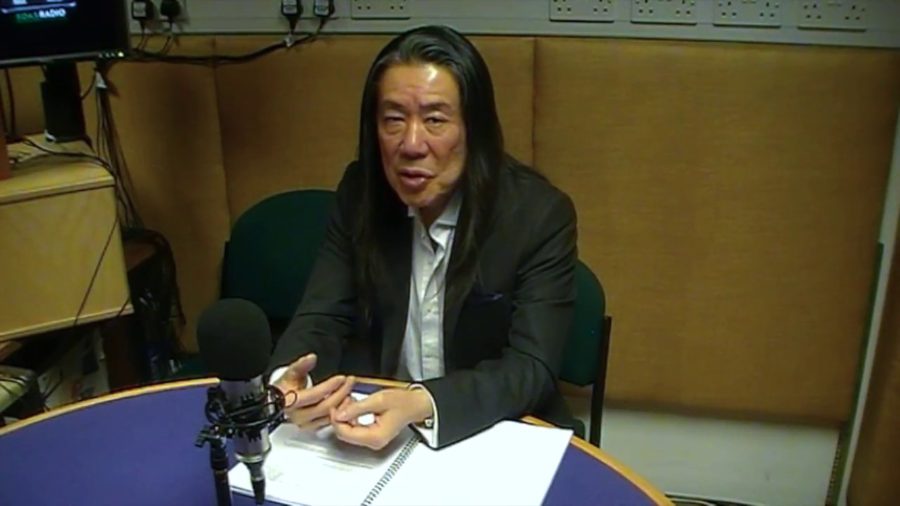As Israeli Zionism began acquiring a greater and greater orthodox determination, a determination to expand borders to what they were at the height of the Biblical sense of what had been Israel underneath King Solomon, the response of the Arab states and the response of the Palestinians was very divided.
Stephen Chan (Page 2 of 3)
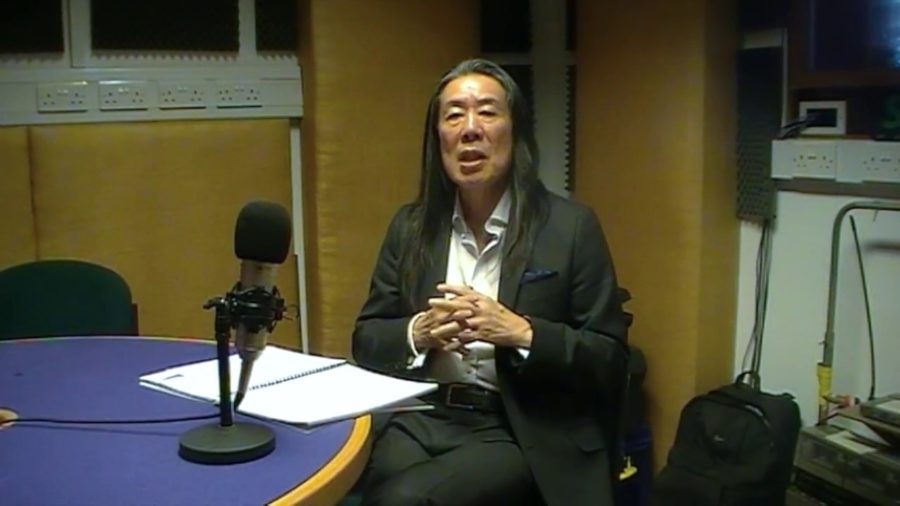
It’s an emotive term, a value-laden term, every time we mention Zionism. In fact, as a modern doctrine—and that’s what it is, quite a modern doctrine—it’s only really been around a relatively short time. Really it came into being at the end of the 19th century, where pressure groups and Jewish congresses led by people like Herzl began to contemplate the possibility of a homeland for the Jews.
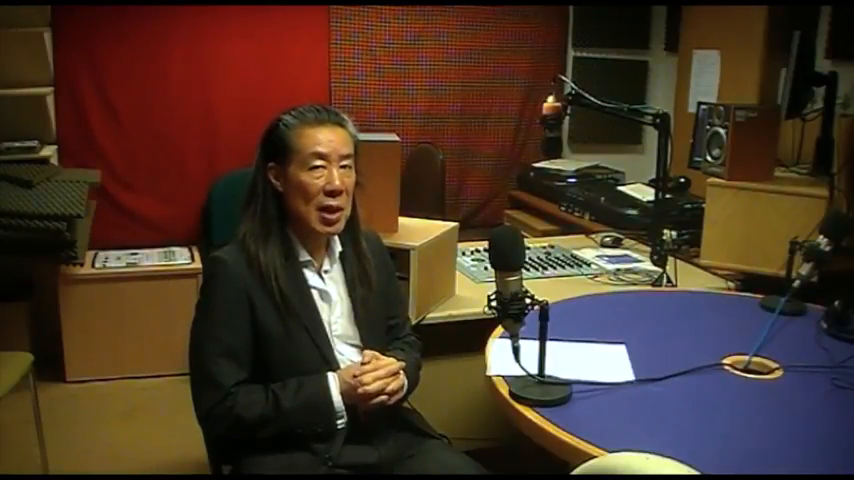
As we speak today, the Chinese authorities are cracking up a very very large-scale and what promises to be an incessant security drive in Xinjian Province in northwest China against what the Chinese government calls Islamic extremists. What in fact the Chinese government means is it’s launching a drive against dissent from the Uighur people who’ve lived there for centuries.
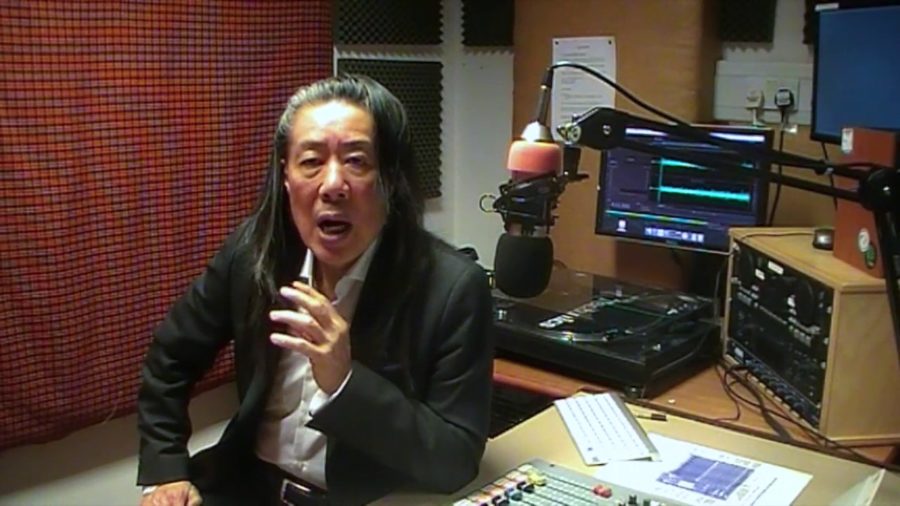
Religion and World Politics part 16
Confucius and the Hierarchical State
in Religion and World Politics
At the time when he lived in 500 BC, [Confucius] was the epitome of good governance. He was the epitome of progressive ways towards a peaceful and just order. And he pioneered many things that we would regard today still as extremely important.
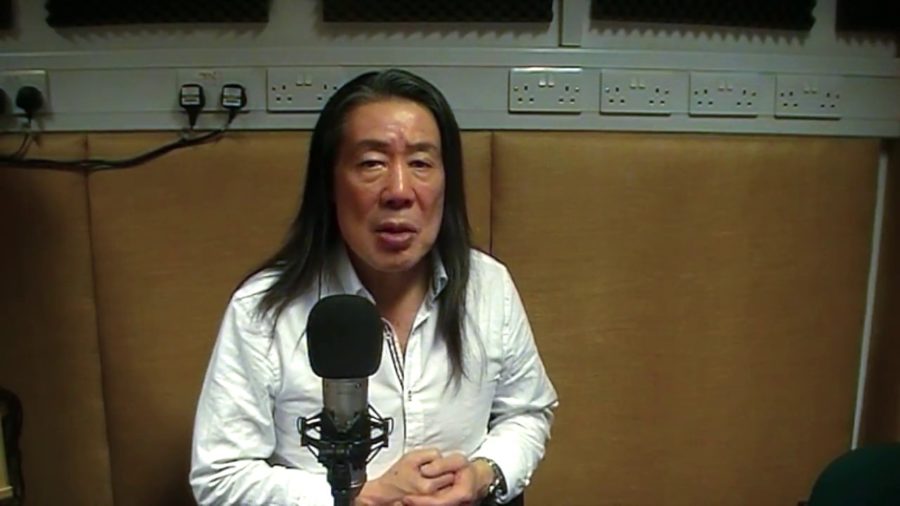
It seems a very strange thing to label Buddhism as something fundamentalist. As if by being fundamentalist it might also be accused of causing the same kind of carnage and difficulty that we associate with fundamental Islam. And yet the very gentle religion, the religion of peace, the religion of compassion, is also a religion which is just as capable as other religions of causing carnage, of causing atrocity, and causing great loss of life.
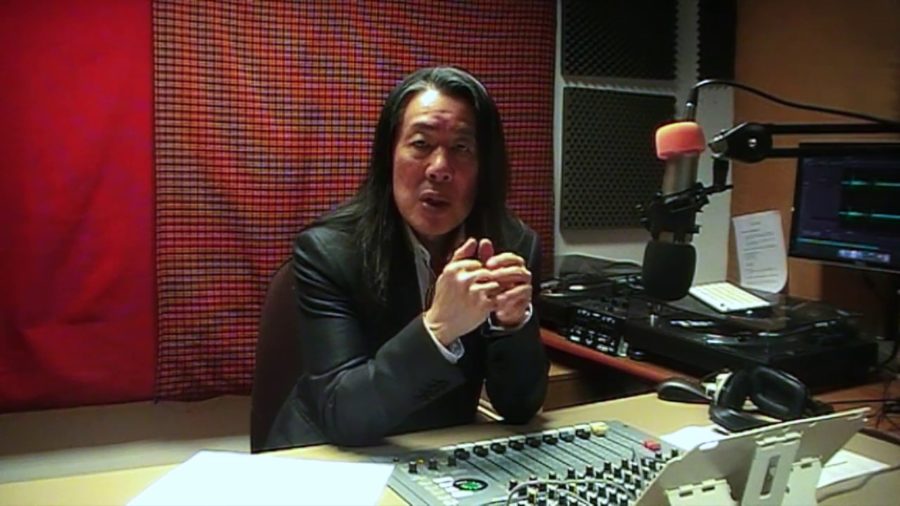
Is there actually any such thing as a Hindu state? Mr. Modi, the Prime Minister of India is the representative of the BJP, the Bharatiya Janata Party, which stands for Hindu values. Hindu values as foundation values for the Indian state. And yet it’s very difficult to talk about such foundation values for an Indian state as if it had existed since time immemorial.
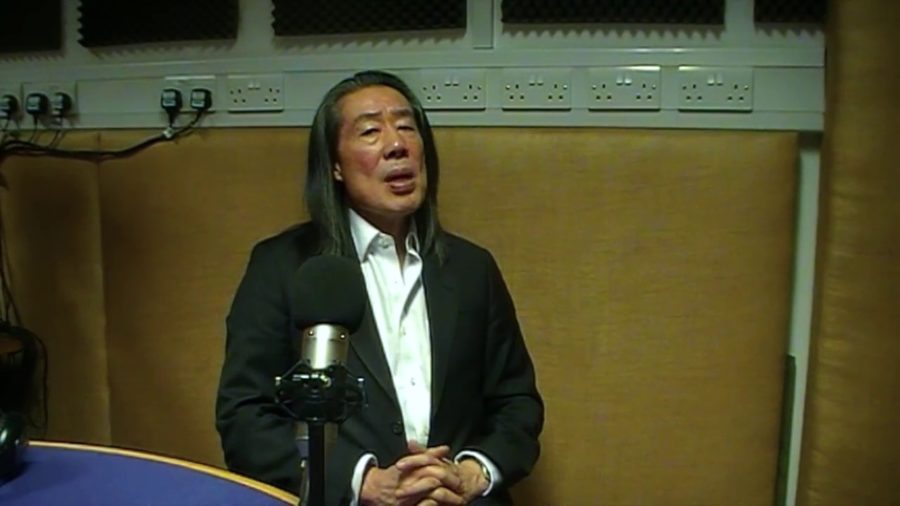
Religion and World Politics part 13
Turkey and Gülen: The Priest and the Pasha
in Religion and World Politics
A number of Islamic states had revolutions that turned them in a particular post-war direction. And in this post-war direction the emphasis was on two key things. The first was modern development. In this sense it meant catching up with the metropolitan Western world. And the second driving force behind all of this was the assumption that this would be best done by instituting secular states.
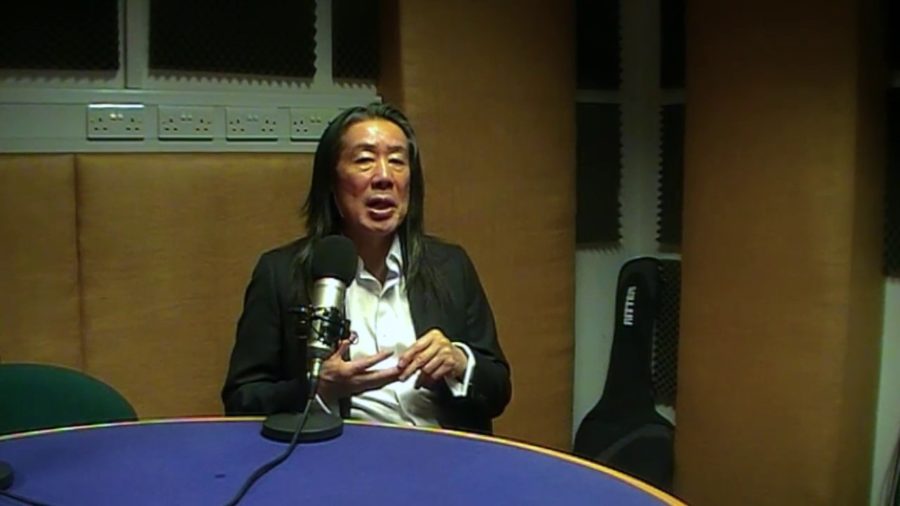
Is the much-vaunted issue of religion only one of many factors in play in these seemingly unstoppable and seemingly atrocious and unending conflicts in different parts of Africa?
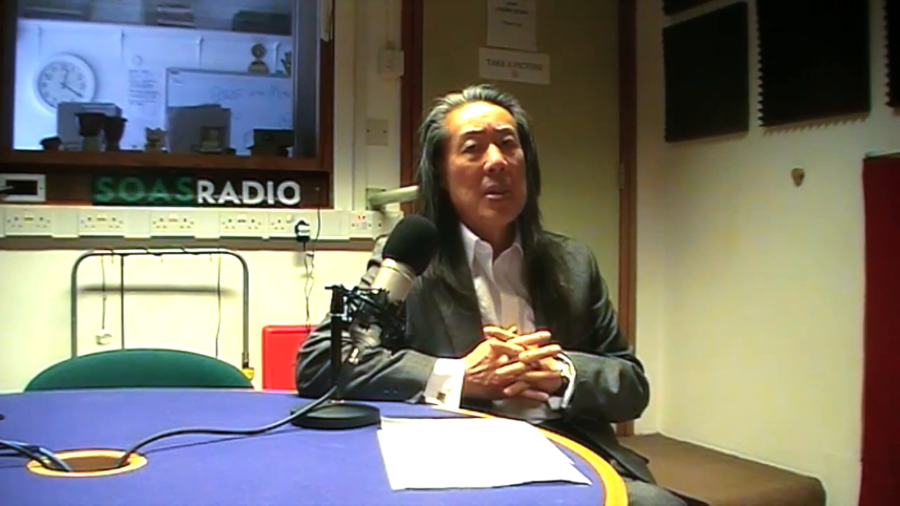
Religion and World Politics part 11
Urban Polities and Wide Open Spaces
in Religion and World Politics
When we look at contemporary international politics, we often look back to the second Gulf War, the war against Saddam Hussein and his much rumored, much vaunted, but nonexistent weapons of mass destruction as the beginning of an adventure full of hubris and containing a nemesis that’s come back to haunt us.
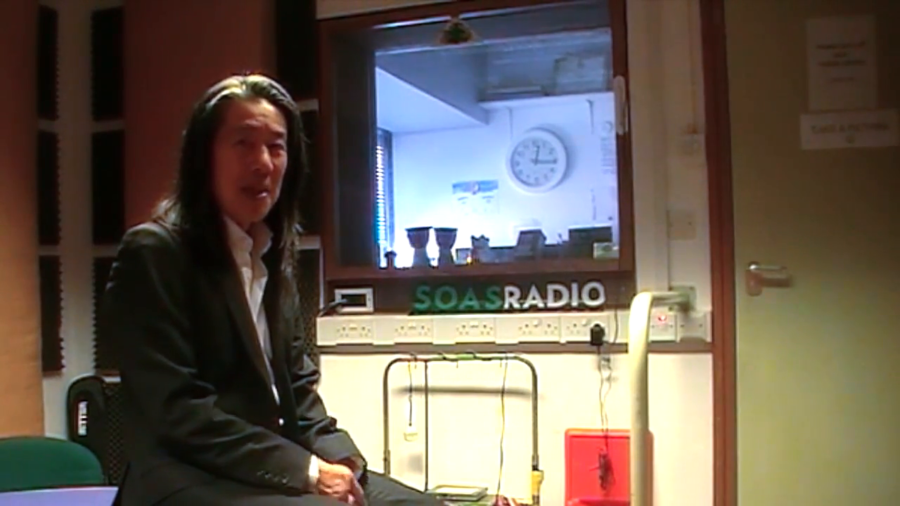
From the 1960s onwards, there was a new phenomenon, or at least it was noticed as new at that point in time, which has been called “liberation theology.” It began in Latin America. It began with Catholic priests wanting to take a stand against injustice and corruption, and particularly on behalf of the poorest citizens in Latin American countries.

